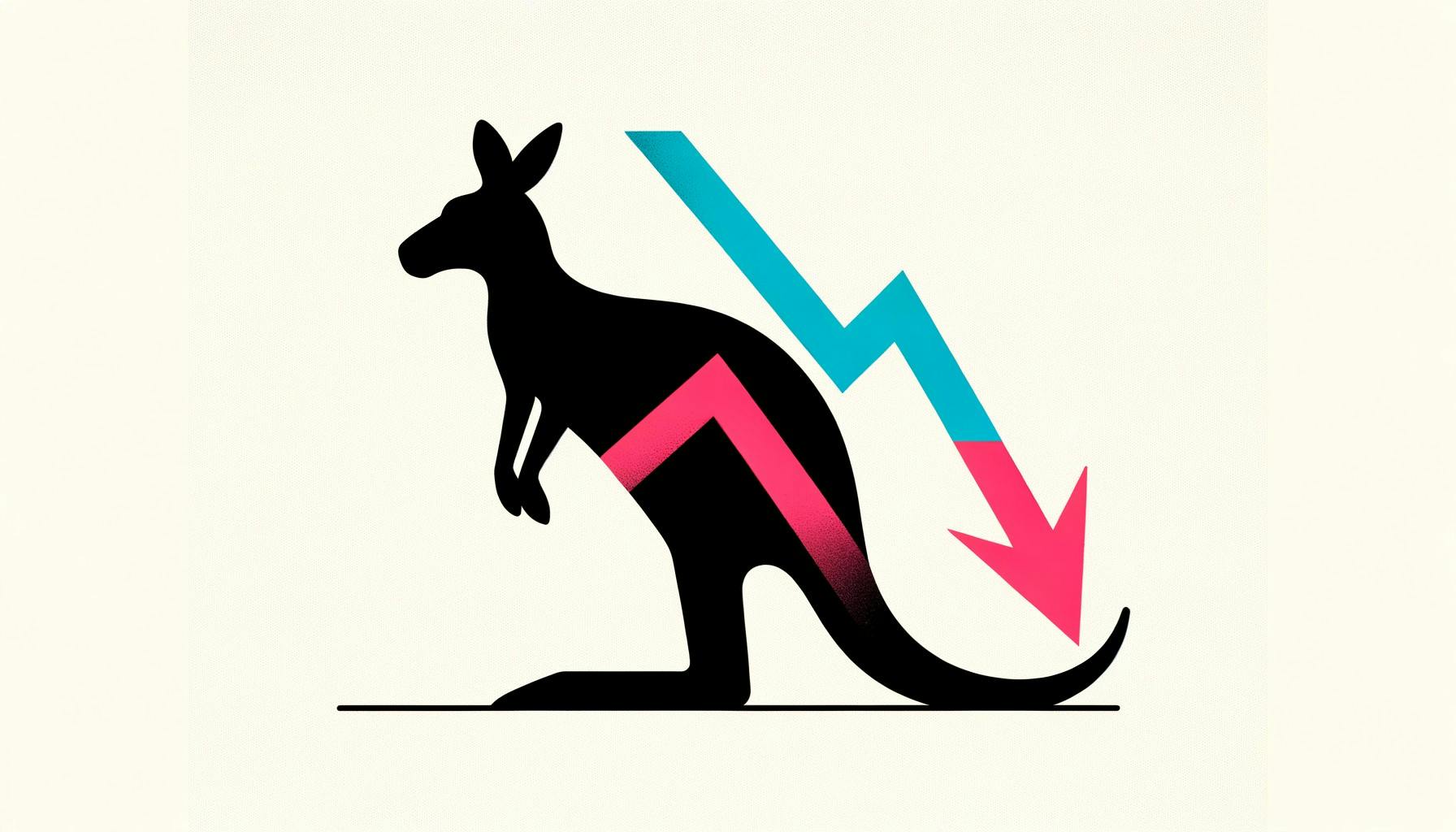The Manufacturing Purchasing Managers’ Index (PMI), a key indicator of the health of the manufacturing sector, has reported a slight contraction in its latest release. The actual number came in at 49.4, reflecting a marginal contraction in the sector.
This figure is lower than the forecasted 48.3, indicating a less than anticipated performance in the manufacturing sector. The PMI is closely watched by traders as it provides early insights into the performance of the manufacturing sector, which can be a leading indicator of overall economic performance. A reading above 50 points towards expansion in the sector, while a reading below 50 signals contraction.
The actual PMI number of 49.4 also reflects a slight decrease from the previous figure of 49.7. This sequential contraction could be a sign of slowing momentum in the manufacturing sector. However, it’s important to note that the PMI is still hovering close to the 50-mark, indicating that the sector is not in a deep contraction but is instead experiencing a mild slowdown.
The lower than expected PMI reading is generally seen as bearish for the US dollar. This is because a stronger manufacturing sector is usually associated with a stronger economy, which tends to support the value of the local currency. Conversely, a weaker manufacturing sector can suggest a slowing economy, which can put downward pressure on the currency.
In summary, the latest Manufacturing PMI reading of 49.4 indicates a slight contraction in the sector, falling short of the forecasted figure of 48.3 and slightly lower than the previous reading of 49.7. This could put some pressure on the US dollar, as a weaker manufacturing sector is usually associated with a weaker economy. However, the PMI is still close to the 50-mark, suggesting that the manufacturing sector is experiencing a mild slowdown rather than a deep contraction.
This article was generated with the support of AI and reviewed by an editor. For more information see our T&C.












Leave a Reply